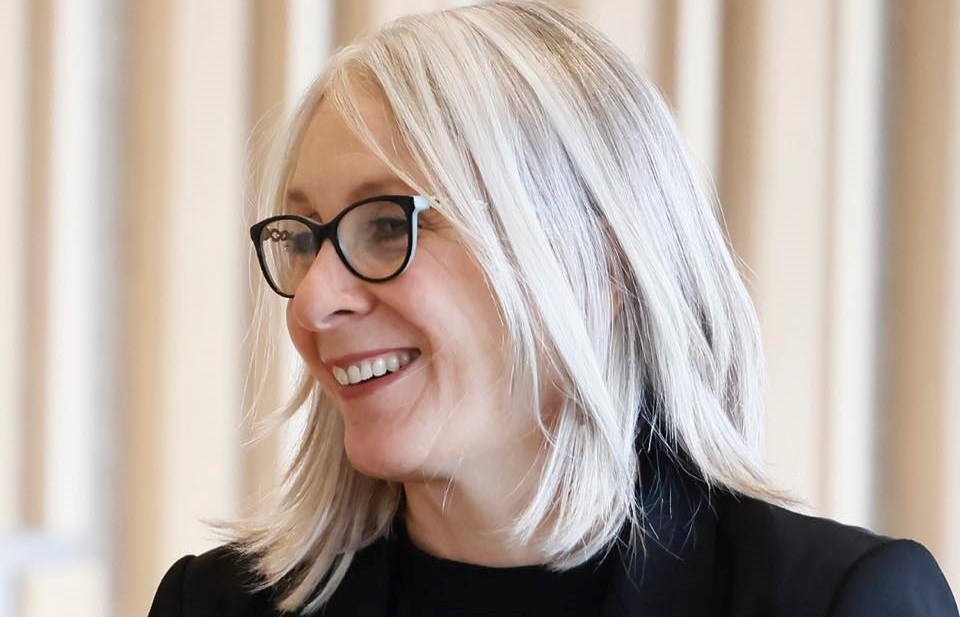A bill that would have granted First Nations authority over water and wastewater infrastructure died when Prime Minister Justin Trudeau prorogued parliament, leaving Indigenous leaders and technical experts worried about its future.
Trudeau announced Monday that he would resign as Liberal leader once a new party captain is chosen and that parliamentary business would be suspended until March 24.
Eighteen bills introduced by ministers in the House following the 2021 election are now defunct because of prorogation. They touch on electoral reform, cybersecurity, and improving access to clean drinking water for Indigenous people. They can be reintroduced in a new session, but would begin the legislative process anew.
That last commitment stems from Indigenous Services Minister Patty Hajdu’s former Bill C-61, which would have compelled Ottawa to co-develop funding models for water infrastructure projects. In October, Hajdu stressed that communities would no longer be “at the mercy” of the feds, and their systems would be protected from being “arbitrarily cut” by Ottawa under the legislation.
The Indigenous affairs committee submitted its report with several recommended amendments to the House in December, though the chamber did not hold a report-stage debate on it due to an unrelated CPC filibuster clogging up House business.
First Nations representatives have expressed their disappointment in the bill's demise, with Assembly of First Nations national chief Cindy Woodhouse Nepinak warning the legislation is “urgently needed to ensure” her communities’ “basic” needs are met.
“This legislation has been long in the making, and we again urge that it be moved through the approval process as swiftly as possible,” she added in a statement.
Ontario Regional Chief Abram Benedict echoed that sentiment, urging the new Liberal Party leader to “work collaboratively with opposition parties” come March 24 to advance the bill.
Hajdu’s office is not committing to re-tabling the bill. However, it appeared to hint it could become a Liberal platform commitment in the next election, saying in a statement that Canadians will “now have a choice” to move forward on reconciliation.
It’s that, or “risk going backwards with a party that says everything's broken but fails to fix anything when push comes to shove,” the office told ParliamentToday.
“While the future of the bill is unknown, what remains certain is our work with First Nations partners to ensure clean drinking water for generations to come.”
Hajdu echoed that point on Wednesday, telling Ottawa reporters she hopes the next Liberal leader “has the support of the House to be able to finish this work.”
“These are relationships that will extend beyond the life of the Liberal Party and hopefully into the next government, whether it’s Liberal, Conservative or otherwise. This is the relationship that matters in Canada,” she added.
What happens now?
Water treatment engineer Tyler Ball said the “biggest loss” with the bill’s death will be faced by Indigenous communities scrambling for funding to maintain their systems.
Ball co-founded the Indigenous Water Partnership, which seeks to provide technical support on water treatment projects in First Nations communities. The group hopes to one day work with Indigenous Services Canada on this front.
“Currently, there is insufficient funding for the operation and maintenance of water treatment facilities. That’s the part that’s least exciting and sexy — people love to start a project but not to actually wrap it up and keep it running,” Ball explained.
“For people who care about our most vulnerable population being protected, it’s terrifying because this means there is no legal requirement for the federal government to provide clean drinking water. It's unbelievable.”
Ball noted that even if the legislation is reintroduced when Parliament returns, it’s unclear if the Indigenous affairs committee will be made up of the same members.
“There was a surprising amount of good faith across the table, keeping in mind how nasty things were elsewhere in the House, in that particular committee,” Ball said.
“It looked like everyone wanted to move in the same direction, so I’m hopeful that will mean things will be more expedient when it does get back on the table. But in the meantime, it means we have this same sort of legislative wasteland.”
The legislation is years in the making.
When Hajdu tabled the bill in December 2023, it was the result of her government's commitment to revamp a 2013 law on drinking water in First Nations communities. Many advocates described that Harper-era law as ineffective, and the Liberals promised to update the legislation following a December 2021 Federal Court approval of an $8-billion class action lawsuit brought forth by over 200 First Nations.
Meanwhile, Canadian Medical Association (CMA) president Joss Reimer said that she is disappointed the “crucial” bill is now dead and urged the Liberals to reintroduce it as soon as Parliament returns in March.
“The water crisis we see in many First Nations communities is an example of environmental racism,” Reimer told ParliamentToday.
"When we know there are so many health disparities between First Nations and non-First Nations people … things like access to clean water become even more important."
Correction: This story has been updated. A previous version said the Indigenous Water Partnership focuses on supporting water treatment projects in First Nations communities in Quebec. The program supports projects across Canada. We regret the error.




